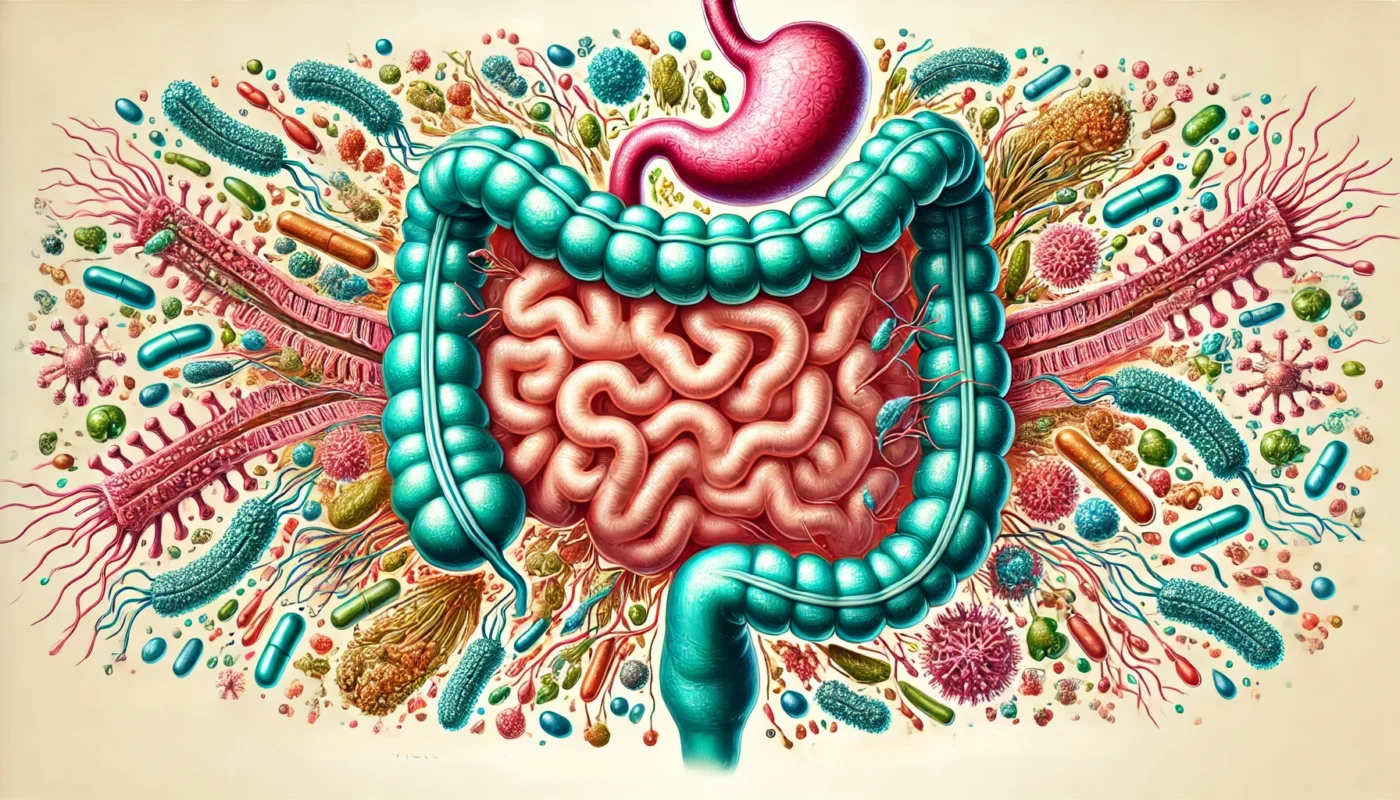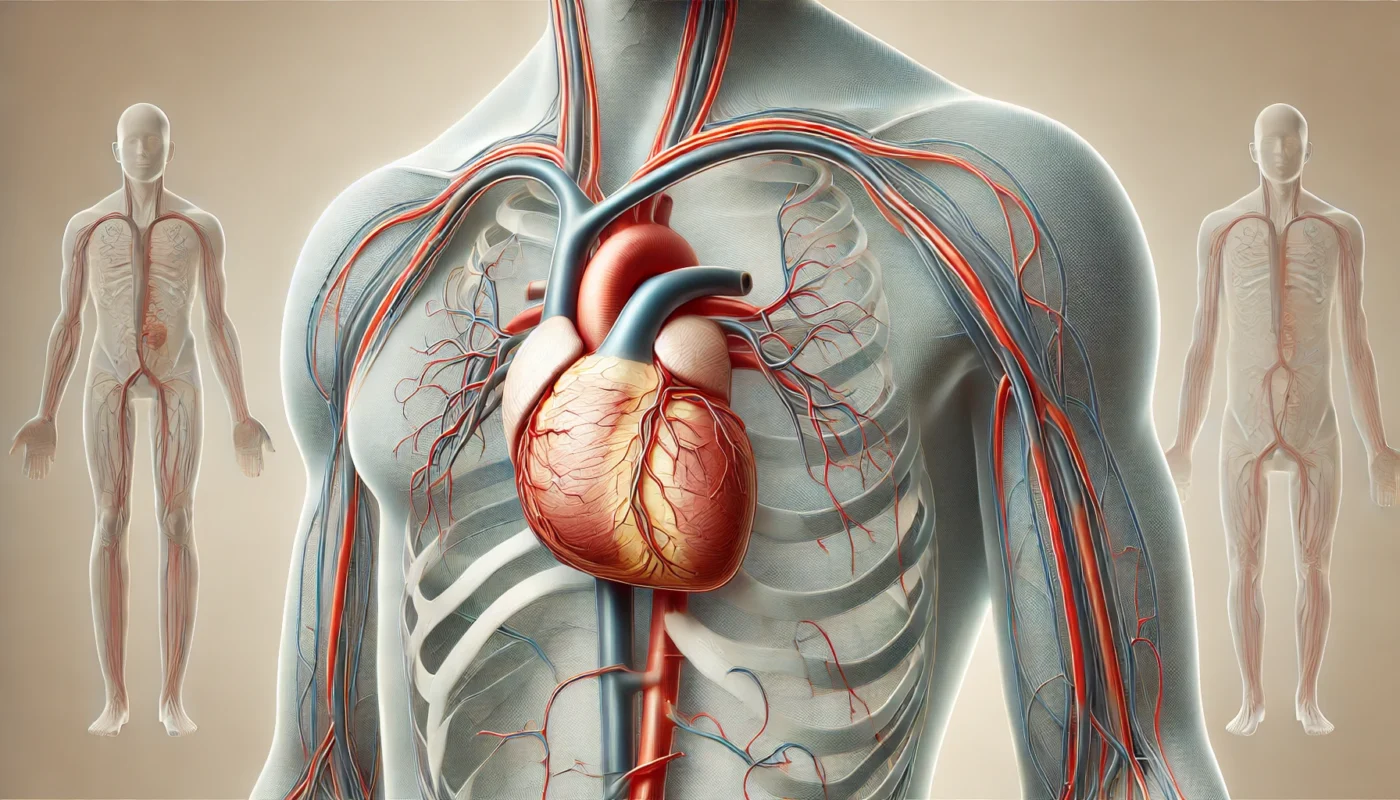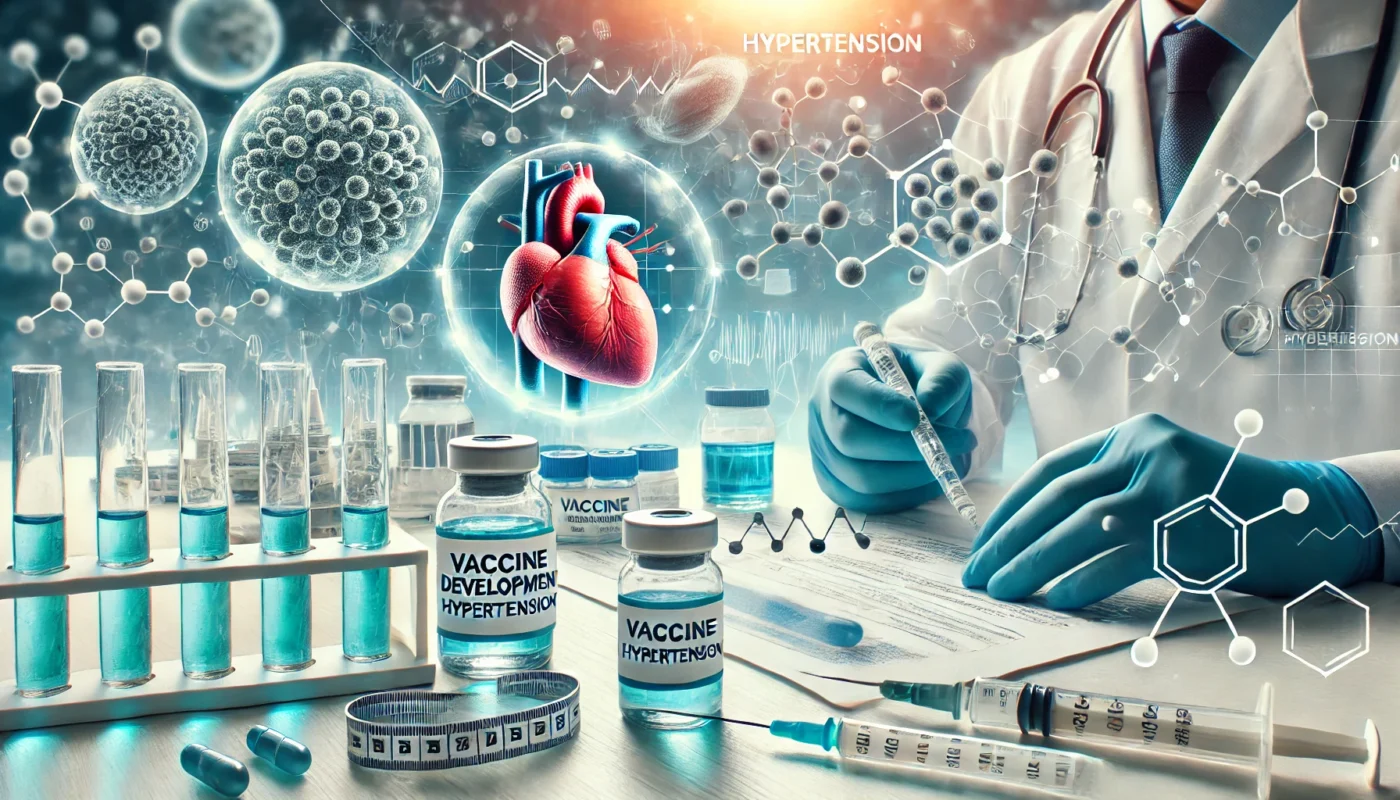Knee health is a crucial aspect of overall wellness. It’s especially important for fitness enthusiasts, health-conscious individuals, and those managing existing health conditions.
One common knee issue is cracking or popping sounds, often accompanied by discomfort or pain. This can be a sign of underlying joint issues or nutrient deficiencies.
Understanding the role of nutrition in knee health is vital. Certain vitamins and supplements can support joint health, alleviate discomfort, and improve overall knee function.
This article aims to provide a comprehensive guide on essential vitamins for knee health. It will delve into the science behind these nutrients and their role in supporting joint health.
We’ll explore key vitamins like Vitamin D, C, E, and K, and their specific benefits for your knees. We’ll also discuss popular supplements like glucosamine and chondroitin, known for their joint health benefits.
Moreover, we’ll provide practical advice on incorporating these nutrients into your diet or supplementation regimen. This will help you make informed decisions about your knee health strategy.
Remember, while vitamins and supplements can support knee health, they should be part of a holistic approach. Regular exercise, a balanced diet, and maintaining a healthy weight are equally important.
Let’s dive in and explore the essential vitamins to support knee health.










